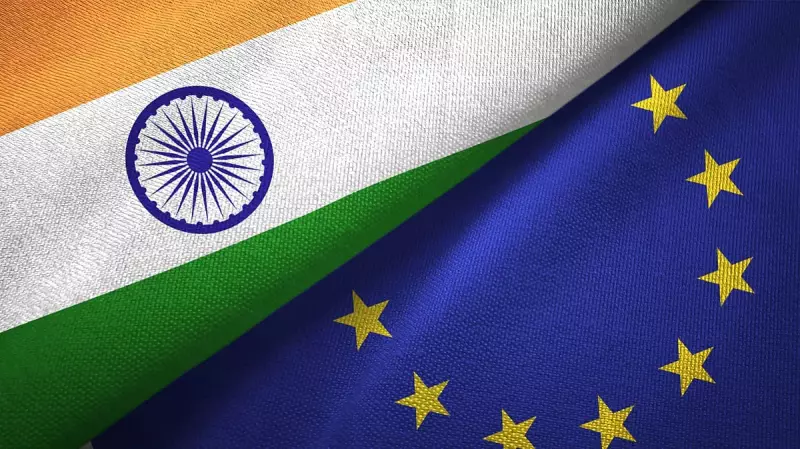
In a significant move that could reshape global trade dynamics, India and the European Union are gearing up for intensive negotiations scheduled for next week. Both economic powerhouses are pushing hard to bridge remaining differences and seal what could be one of the most consequential trade agreements of the decade.
The Countdown to a Landmark Agreement
Senior officials from both sides will engage in what many are calling "make-or-break" talks, with the ambitious goal of finalizing the broad contours of the India-EU Free Trade Agreement. The timing is crucial, as both economies seek to diversify supply chains and reduce dependency on single markets amid growing global uncertainties.
Key Sticking Points and Potential Breakthroughs
The negotiations will focus on several critical areas where consensus has proven challenging:
- Market Access: Both sides are working to find common ground on tariff reductions and quota allocations across various sectors
- Digital Trade: Finding balance between Europe's stringent data protection standards and India's growing digital economy
- Sustainable Development: Integrating environmental and labor standards without compromising competitive advantages
- Intellectual Property: Bridging gaps in pharmaceutical patents and geographical indications
Strategic Importance Beyond Economics
This potential agreement represents more than just economic cooperation—it's a strategic partnership with far-reaching geopolitical implications. As both India and the EU look to counterbalance China's economic dominance, this pact could create a powerful alternative trade bloc.
"The India-EU trade agreement isn't just about tariffs and quotas; it's about creating a new axis of economic cooperation in an increasingly multipolar world," notes a trade analyst familiar with the negotiations.
What's at Stake for Indian Businesses
For Indian companies, a successful agreement could mean:
- Enhanced access to the EU's 450 million consumers
- Reduced tariffs on key exports including textiles, pharmaceuticals, and IT services
- Increased European investment in Indian manufacturing and infrastructure
- Technology transfer and collaboration in green energy and digital innovation
The upcoming talks represent the culmination of nearly a decade of on-again, off-again negotiations. With both sides demonstrating renewed political will and recognizing the strategic imperative, there's growing optimism that 2024 could finally see the breakthrough that has long eluded them.





